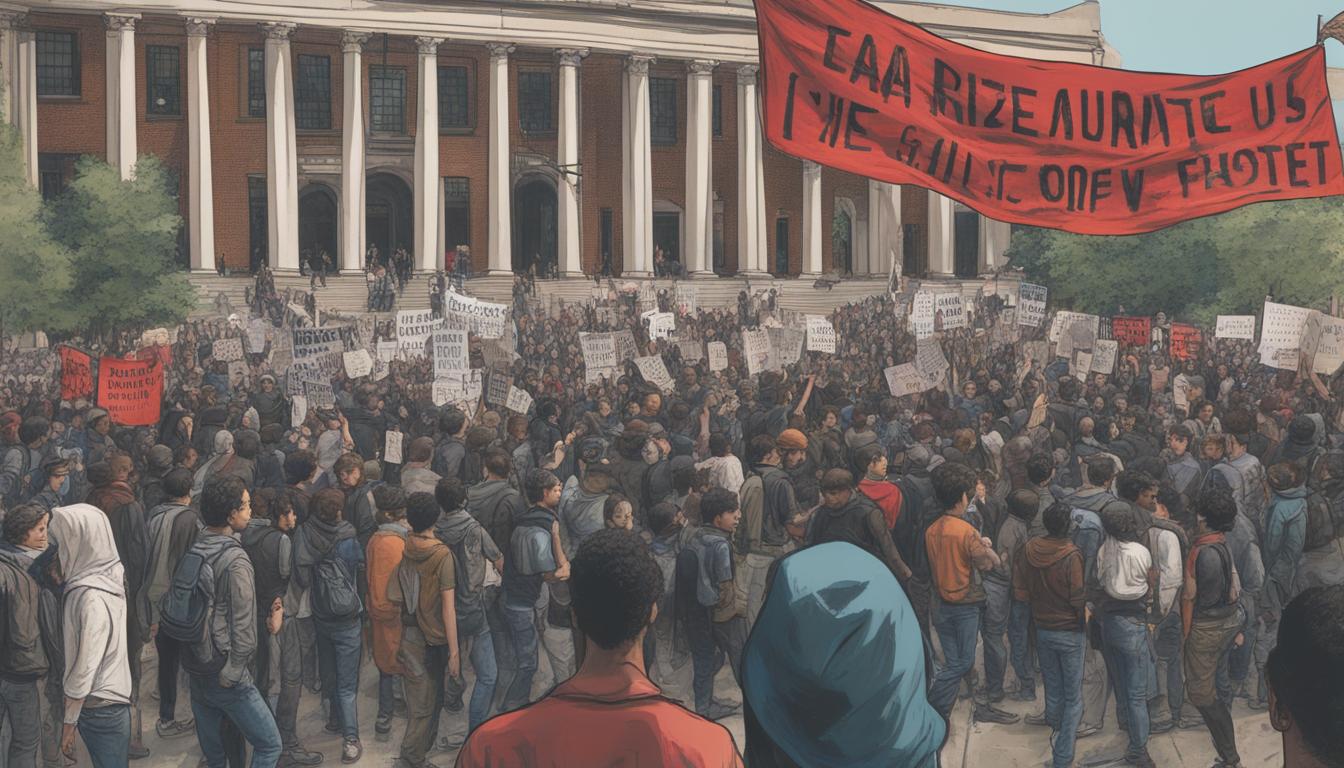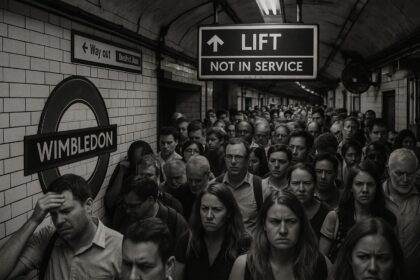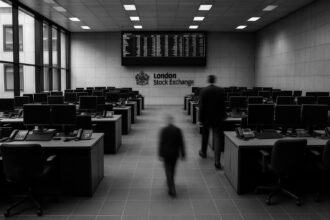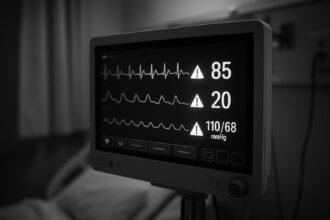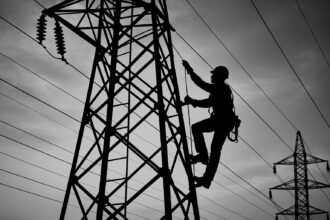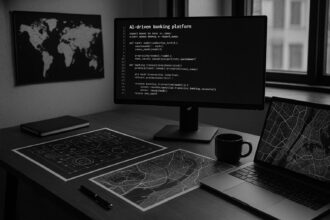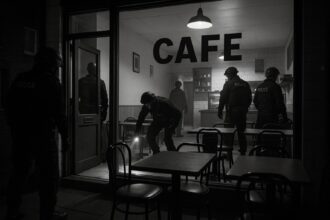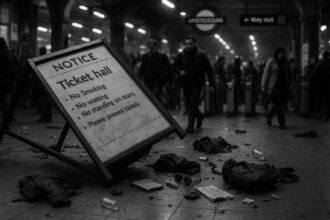Recent protests at US colleges including UCLA have spotlighted tensions and political divides, as students rally against affiliations with the Israel-Hamas conflict, amidst accusations of antisemitism and external interference.
Recent protests on US college campuses concerning the Israel-Hamas conflict have elicited various responses, underscored by claims of outside agitators, concerns over rising antisemitism, and contrasting political rhetoric. Incidents at several universities, particularly the University of California, Los Angeles (UCLA), involved far-right groups disrupting protests. Violent clashes at UCLA, orchestrated partly by far-right activists like Narek Palyan, resulted in over 30 injuries, with victims including participants in a student protest encampment.
These campus events have drawn significant media attention and political commentary. President Donald Trump has described the protesters as “radical-left lunatics,” advocating for strong measures against them, which resonates with his political base. In contrast, President Joe Biden has acknowledged the right to protest, focusing on maintaining public order.
The protests, aimed at urging universities to divest from companies profiting from the conflict in Gaza, have also been marked by criticisms of sweeping antisemitism, seen by some as an attempt to suppress broader academic freedoms and critique of Israeli policies. This has led to legislative actions targeting pro-Palestine movements, potentially affecting free speech rights on campuses.
Amid these developments, Palestinian Americans have shown support for the protests, which have rallied various communities together and influenced political perspectives in the U.S., calling for substantial policy shifts towards the conflict in Gaza.


